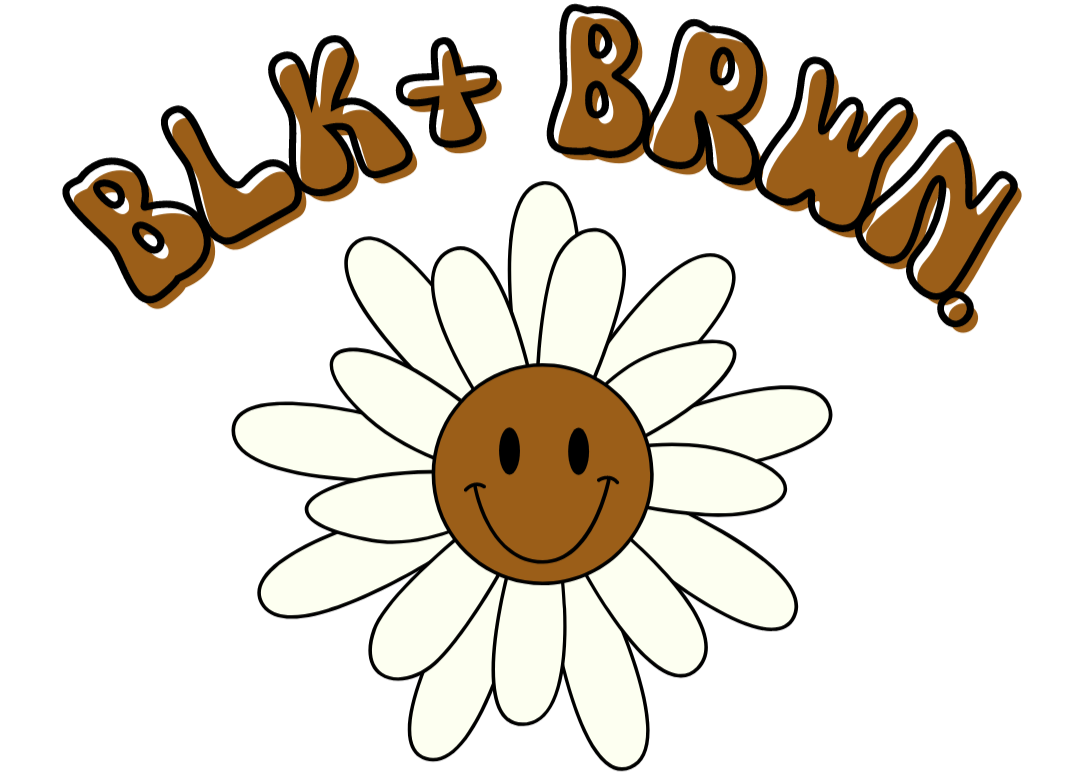 Image 1 of 1
Image 1 of 1


Social Justice for the Sensitive Soul: How to Change the World in Quiet Ways
A timely, delightfully readable, and much-needed book. --Booklist, starred review
Social justice work, we often assume, is raised voices and raised fists. It requires leading, advocating, fighting, and organizing wherever it takes place--in the streets, slums, villages, inner cities, halls of political power, and more. But what does social justice work look like for those of us who don't feel comfortable battling in the trenches?
Sensitive souls--including those who consider themselves highly emotional, empathic, or introverted--have much to contribute to bringing about a more just and equitable world. Such individuals are wise, thoughtful, and conscientious; they feel more deeply and see things that others don't. We need their contributions. Yet, sustaining justice work can be particularly challenging for the sensitive, and it requires a deep level of self-awareness, intentionality, and care.
In Social Justice for the Sensitive Soul, writer Dorcas Cheng-Tozun (Enneagram 4, INFJ, nonprofit/social enterprise professional, and multiple-burnout survivor) offers six possible pathways for sensitive types:
- Connectors: relational activists whose interactions and conversations build the social capital necessary for change
- Creatives: artists and creators whose work inspires, sheds light, makes connections, and brings issues into the public consciousness
- Record Keepers: archivists who preserve essential information and hold our collective memory and history
- Builders: inventors, programmers, and engineers who center empathy as they develop society-changing products and technologies
- Equippers: educators, mentors, and elders who build skills and knowledge within movements and shepherd the next generation of change-makers
- Researchers: data-driven individuals who utilize information as a persuasive tool to effect change and propose options for improvement
Alongside inspiring, real-life examples of highly sensitive world-changers, Cheng-Tozun expands the possibilities of how to have a positive social impact, affirming the particular gifts and talents that sensitive souls offer to a hurting world.
A timely, delightfully readable, and much-needed book. --Booklist, starred review
Social justice work, we often assume, is raised voices and raised fists. It requires leading, advocating, fighting, and organizing wherever it takes place--in the streets, slums, villages, inner cities, halls of political power, and more. But what does social justice work look like for those of us who don't feel comfortable battling in the trenches?
Sensitive souls--including those who consider themselves highly emotional, empathic, or introverted--have much to contribute to bringing about a more just and equitable world. Such individuals are wise, thoughtful, and conscientious; they feel more deeply and see things that others don't. We need their contributions. Yet, sustaining justice work can be particularly challenging for the sensitive, and it requires a deep level of self-awareness, intentionality, and care.
In Social Justice for the Sensitive Soul, writer Dorcas Cheng-Tozun (Enneagram 4, INFJ, nonprofit/social enterprise professional, and multiple-burnout survivor) offers six possible pathways for sensitive types:
- Connectors: relational activists whose interactions and conversations build the social capital necessary for change
- Creatives: artists and creators whose work inspires, sheds light, makes connections, and brings issues into the public consciousness
- Record Keepers: archivists who preserve essential information and hold our collective memory and history
- Builders: inventors, programmers, and engineers who center empathy as they develop society-changing products and technologies
- Equippers: educators, mentors, and elders who build skills and knowledge within movements and shepherd the next generation of change-makers
- Researchers: data-driven individuals who utilize information as a persuasive tool to effect change and propose options for improvement
Alongside inspiring, real-life examples of highly sensitive world-changers, Cheng-Tozun expands the possibilities of how to have a positive social impact, affirming the particular gifts and talents that sensitive souls offer to a hurting world.
About the Author:
Dorcas Cheng-Tozun is a writer and leader whose work with various nonprofits, social enterprises, and faith-based organizations has given her opportunity to engage with a broad range of social issues toward solutions in the areas of homelessness, affordable housing, energy access, youth leadership, HIV/AIDS, and international development. She lives in the San Francisco Bay Area with her social entrepreneur husband and two young sons.








